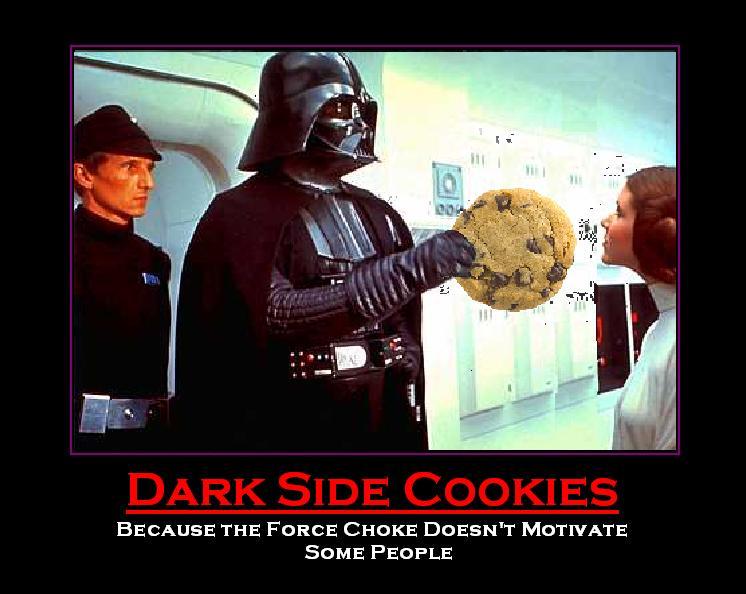Oh I read somewhere that Anakin Skywalker might have had an Oedipus complex in how he married an older woman who resembled his mother, and how it was hinted that Palpanine manipulated the force to create Anakin and then proceeded to act as a father figure for Anakin. Same goes for Obi-wan. And look what happened to those two~ Okay enough about my tangent title. Time for a picture to keep your interest.
Paragraphs coming right up.
Whereas the Oedipus complex is associated with the life instinct, which included both the desire of bringing organic life into fruition and of fulfillment (which encompasses anything pleasurable which in turn includes sexual intercourse which often is correlated with desire) in how, for the positive Oedipus complex for males, “the little boy…renounces desire for one particular woman in order to desire other particular women”, the complex in question is also associated with the death instinct. Just as how the child internalizes the abandoned love-object in the ego and assumes its desires, the child, too, adopts the values of the rival figure which is internalized via the superego. Freud argues that the rival figure is internalized not only to continue its moralizing function, but also “to be attacked.” The child thus attacks the father by directing the father’s imagined antagonism, which has occurred due to a failure to adhere to cultural expectations, perhaps, even though the father has been rendered as part of the child. Such acts, comprised of aggression, can be linked to the death instinct, the drive to send organic life back into death. Duality, thus, defines the Oedipus in terms of masculinity and femininity, the life instinct and the death instinct.
According to Bollas, people marry to defend against the complexities associated with having individual consciousness and having to deal with group life. “This regression ‘marriage’ or ‘partnership’, in which the person becomes part of a mutually interdependent couple that evokes and sustains the bodies of the mother and the father, the warmth of the pre-Oedipal vision of life, before the solitary recognition of subjectivity grips the child.” Well, T.S. Eliot also said that a typical family could be described as:
Two people who know they do not understand each other,
Breeding children whom they do not understand
And who will never understand them.
If the second generation of parents which, say, grew up in doting, open families, raise a family where communication between household members are lackluster, closed, and inefficient, have they regressed? If the parents bicker over minor things, like who gets what of who’s paycheck, or has trouble trusting each other, are they really interdependent?
-Jeremy


I like it how you bring in different references into your post(s).
ReplyDelete